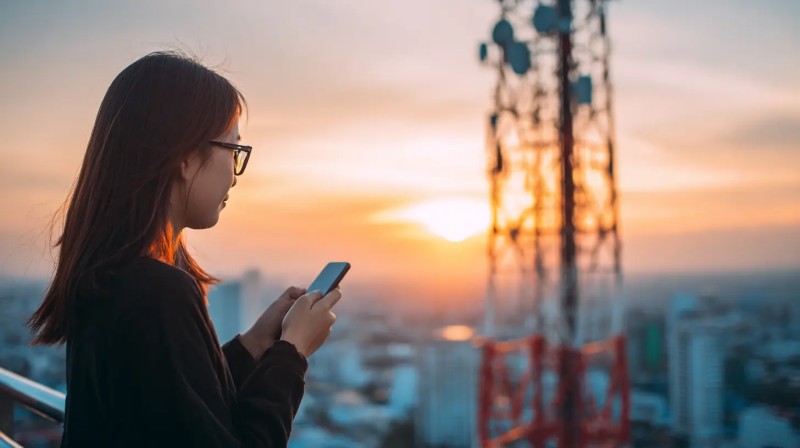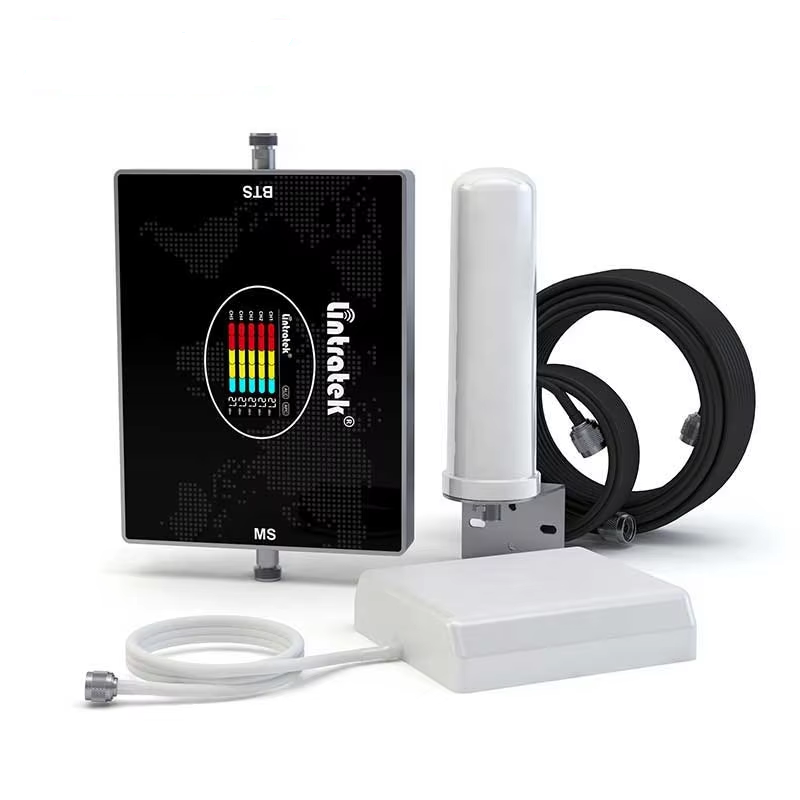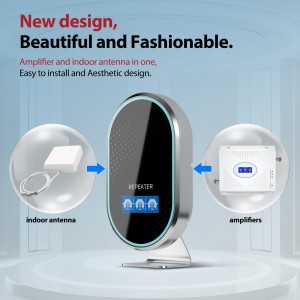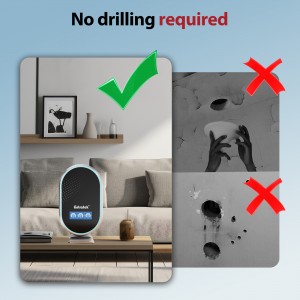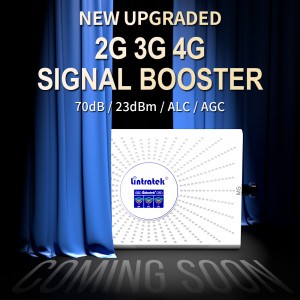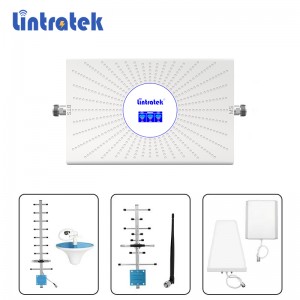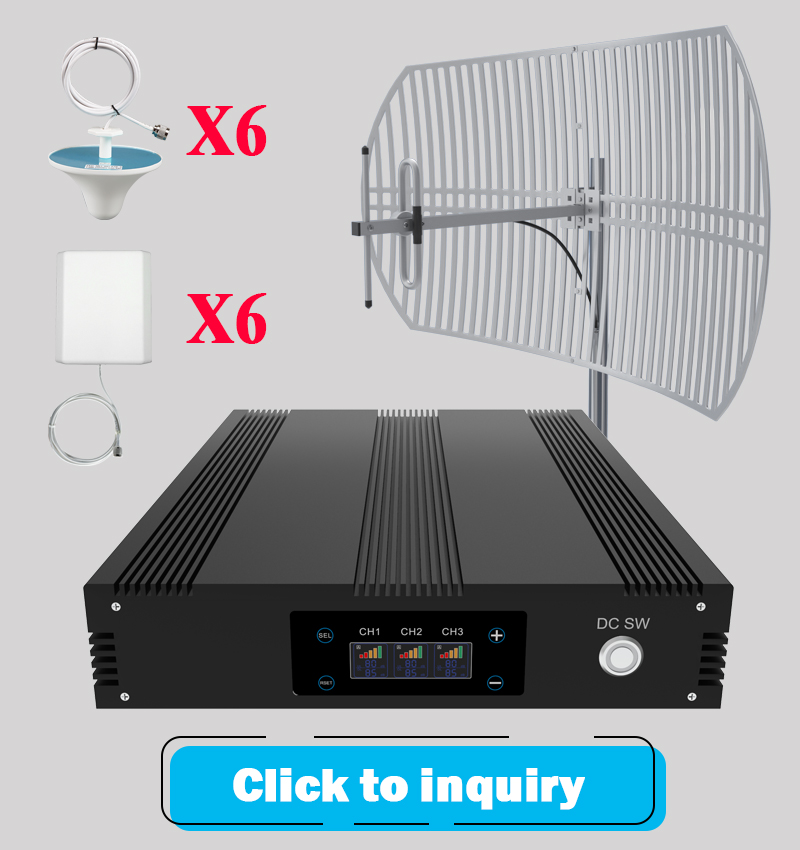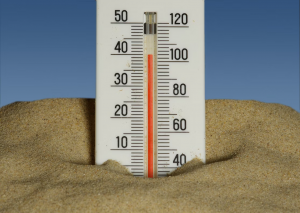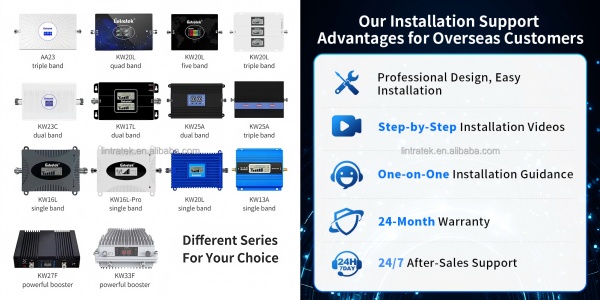In Ghana, where mobile penetration hits 148.2% (as of Q1 2024, according to the National Communications Authority, NCA), a reliable cell phone signal is the backbone of daily life—whether for business calls in Accra’s Central Business District, farmer-to-market communication in Northern Region villages, or staying connected with family in coastal Cape Coast. Yet weak signal plagues 47% of Ghanaian users in rural areas and 23% in urban high-rises, per a 2023 GSMA connectivity report. The solution? A tailored mobile signal booster. But with countless options, how do you pick the right one?
This guide breaks down the key steps—plus why Lintratek network signal booster stands out as a top weak cell signal solution.
1. Start with Ghana’s 4G/5G Band Compatibility
Ghana’s major carriers—MTN, Vodafone Ghana, AirtelTigo, and Glo—operate on specific frequency bands. A booster that doesn’t match these bands will fail to work. Here’s what to prioritize:
- 4G LTE: Most Ghanaian carriers use 800MHz (Band 20), 900MHz (Band 8), and 1800MHz (Band 3) for 4G. MTN and Vodafone also leverage 2600MHz (Band 7) in urban hubs.
- 5G: MTN launched 5G in 2022 using 3500MHz (Band n78), with Vodafone following suit in 2023.
Pro Tip: Avoid “universal” boosters that skip these bands. Lintratek network signal booster models like the Lintratek GT – 800L are pre – tuned for Ghana’s top carriers, covering 900MHz/1800MHz/2600MHz to ensure compatibility with 4G and early 5G signals.
2. Match the Booster to Your Coverage Area
Signal boosters are designed for specific spaces—choosing one too small or too powerful wastes money. Use this as a guide (based on Ghanaian living and business needs):
- Small Spaces (Apartments, Home Offices): 50–200 sq. m. Look for compact, plug – and – play models (e.g., Lintratek’s mini cell phone signal booster kits).
Lintratek KW20N Plug-and-play signal Amplifier for Home for Office/Basement/Small Business
- Medium Spaces (Houses, Small Shops): 300–800 sq. m. Opt for boosters with 50–70dB gain (the higher the gain, the stronger the signal amplification).
AA23 2g 3G 4G triple band repeater 850Mhz Mobile Network Booster Cell Phone Signal Amplifier
3. Prioritize NCA Compliance (Non – Negotiable!)
Ghana’s National Communications Authority (NCA) regulates all radio frequency devices, including cell phone signal boosters. Using non – compliant boosters risks fines of up to GHS 10,000 or equipment seizure.
4. Evaluate Durability for Ghana’s Climate
Ghana’s tropical climate—hot humidity (60–80% year – round), heavy rains during wet seasons (May–October), and dusty dry spells—demands robust equipment.
- IP Rating: Outdoor antennas with IP65 or higher (waterproof/dustproof) to withstand downpours in Kumasi or coastal salt air in Takoradi.
- Heat Resistance: Boosters rated for 0–45°C to handle Ghana’s 30–35°C average temperatures.
5. Check for Carrier Support (Single vs. Multi – Carrier)
Do you use one carrier or switch between MTN and Vodafone?
- Single band signal Boosters: Cheaper but only work with one network (e.g., MTN – exclusive models).
- Multi band signal Boosters: Better value for Ghanaian users—Lintratek’s multi – band kits amplify signals from all major carriers, so your family or team (on different networks) stays connected.
6. Don’t Overlook After – Sales Support
A weak cell signal solution is only as good as the support behind it. In Ghana, where technical help can be scarce outside cities:
- Choose brands with local or responsive international support (Lintratek offers 24/7 email and phone support for Ghanaian customers).
- Look for warranties (Lintratek provides a 1 – year warranty on all signal boosters, covering parts and labor)
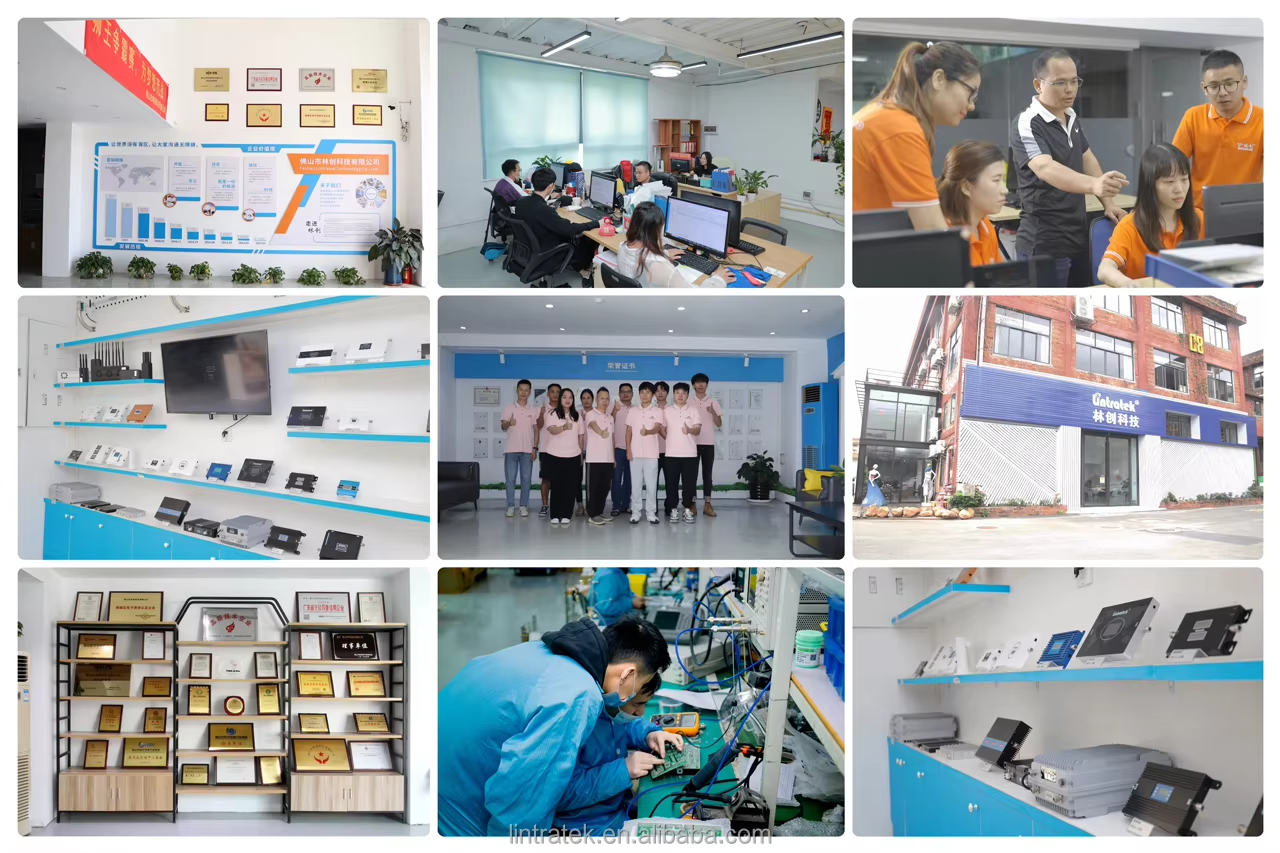
√ Professional Design, Easy Installation
√ Step-by-Step Installation Videos
√ One-on-One Installation Guidance
√ 24-Month Warranty
Looking for a quote?
Please contact me, I am available 24/7
Post time: Sep-20-2025








